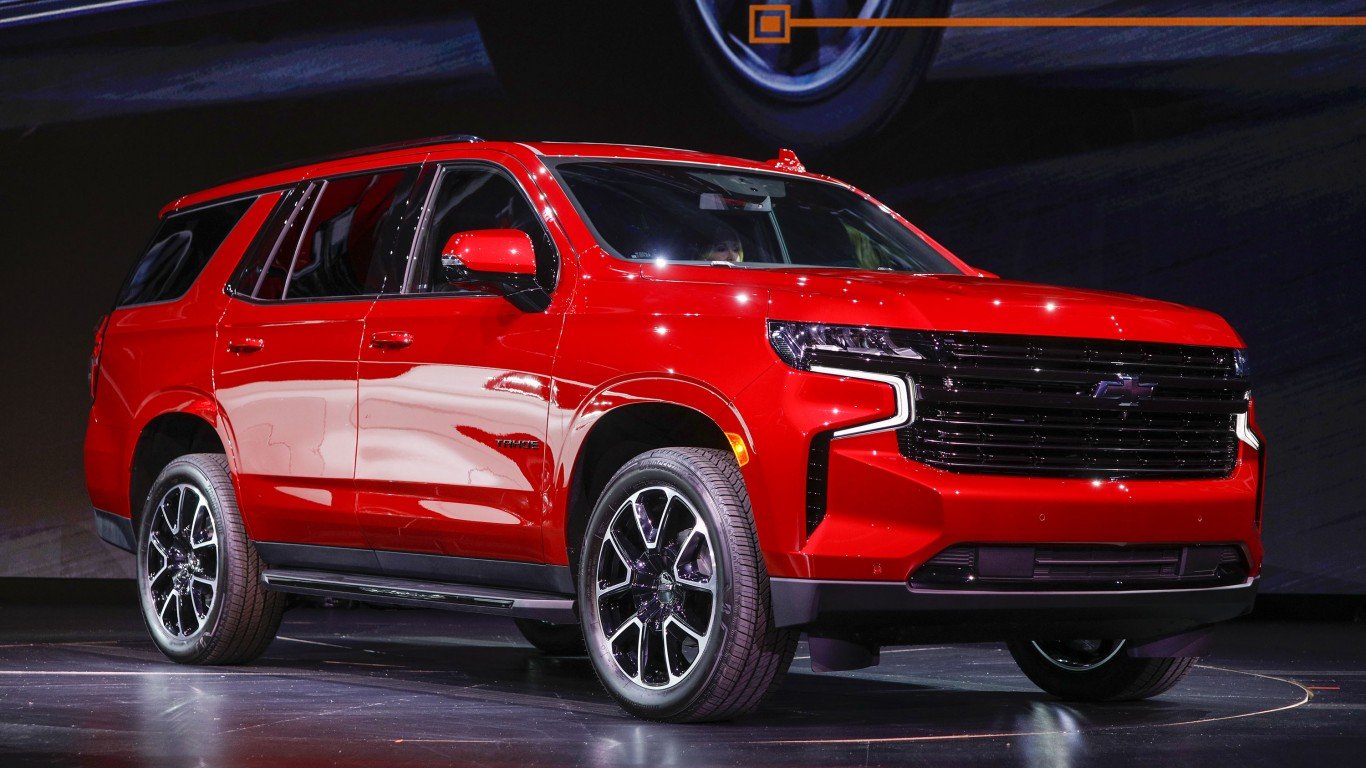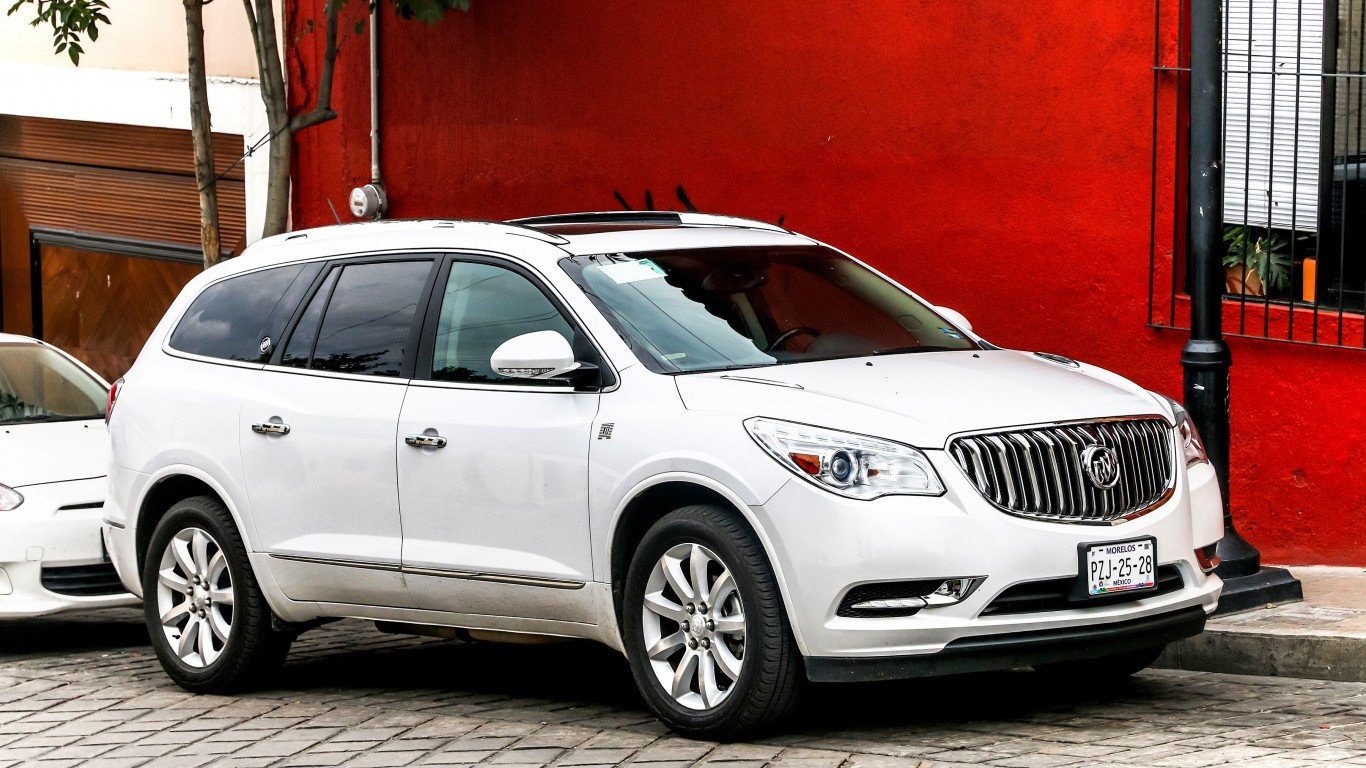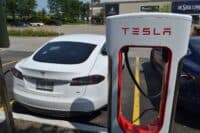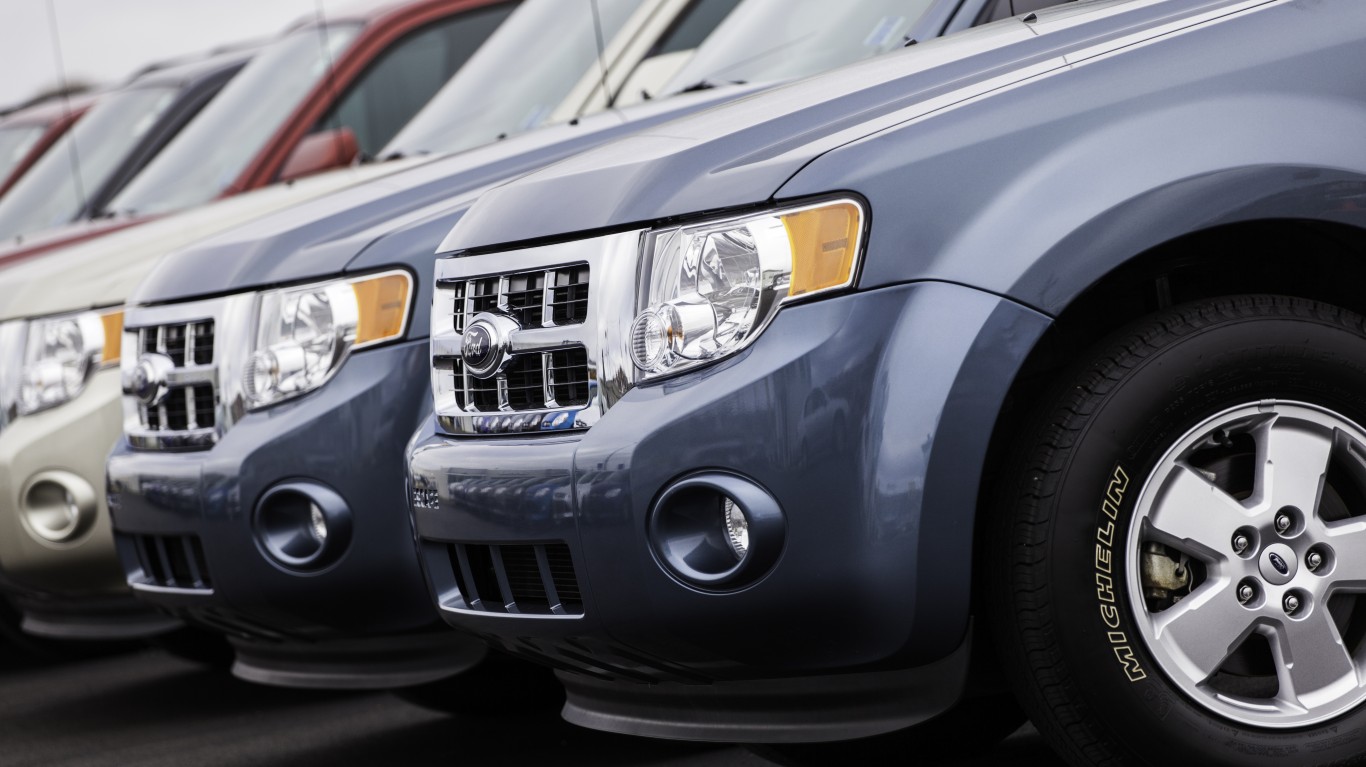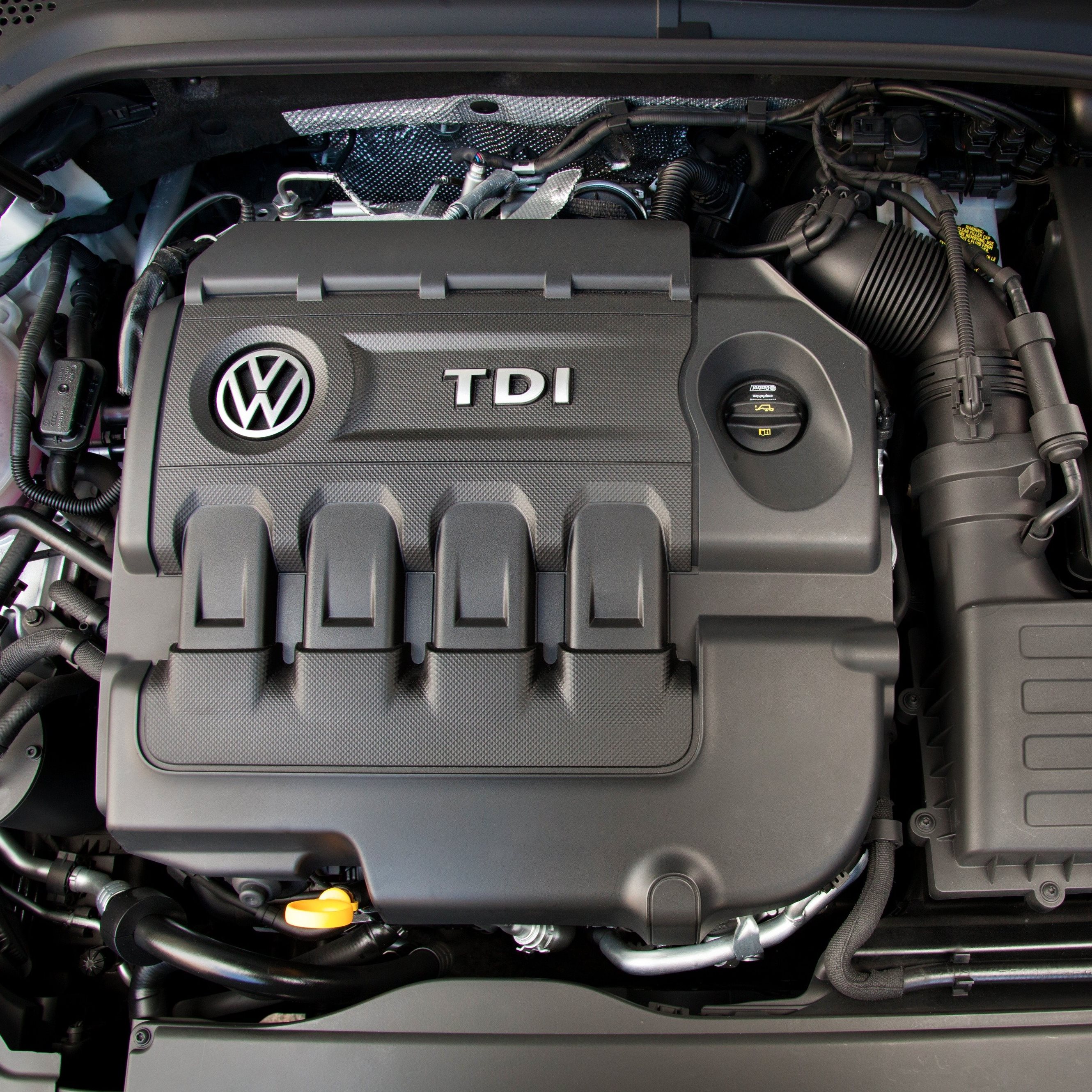

What began as a cheating scandal over diesel engine emissions involving German automaker Volkswagen AG in September 2015 may have also involved Germany’s other big carmakers — Daimler AG and BMW. A Friday report in German magazine Der Spiegel claims that the companies established working groups back in the 1990s that secretly agreed on adoption of new technologies for their vehicles as well as which suppliers to use and how much the technologies would cost.
The magazine reported that VW admitted in a document supplied to German competition authorities that it may have engaged in anti-competitive behavior with Daimler and BMW by establishing special groups of as many as 200 employees to discuss those matters. Der Spiegel reported that Daimler has also filed a report with the German competition panel.
Of particular interest is the magazine’s report on the diesel emissions scandal that engulfed VW (thanks to Google Translate):
The most spectacular case: the corporations have also agreed on the technology they consider appropriate for the exhaust gas purification of their diesel vehicles and thus laid the basis for the diesel scandal. At countless meetings, they discussed how large the tanks for AdBlue should be, a mixture of urea that cleaves nitrogen oxides into the harmless components of water and nitrogen. Large tanks would have been more expensive. So the car makers agreed on small tanks. The amount of AdBlue contained in it, however, was no longer enough to clean the exhaust gases sufficiently …
According to Der Spiegel (via Politico), the only way to bring the diesel-powered cars into compliance with emissions requirements was “manipulation.” In VW’s case, the company manipulated the emissions control software to give a compliant reading when the vehicle was being tested for emissions and then disable the controls when the vehicle was being driven in normal operation.
Just last week, Daimler announced a recall of some 3 million diesel-powered vehicles sold in Germany. The announcement said the company expected the recall to cost the company about €220 million, a total one German analyst called “extraordinarily low.”
Daimler was clearly trying to get out in front of the issue, but as with Volkswagen, has offered no comment on the Der Spiegel report. Both VW and Daimler clearly hope to minimize the possible penalties that might follow from these anti-competitive meetings. BMW was not reported to have filed documents with German authorities nor has it commented on the Der Spiegel story.
Sponsored: Find a Qualified Financial Advisor
Finding a qualified financial advisor doesn’t have to be hard. SmartAsset’s free tool matches you with up to 3 fiduciary financial advisors in your area in 5 minutes. Each advisor has been vetted by SmartAsset and is held to a fiduciary standard to act in your best interests. If you’re ready to be matched with local advisors that can help you achieve your financial goals, get started now.
Thank you for reading! Have some feedback for us?
Contact the 24/7 Wall St. editorial team.
